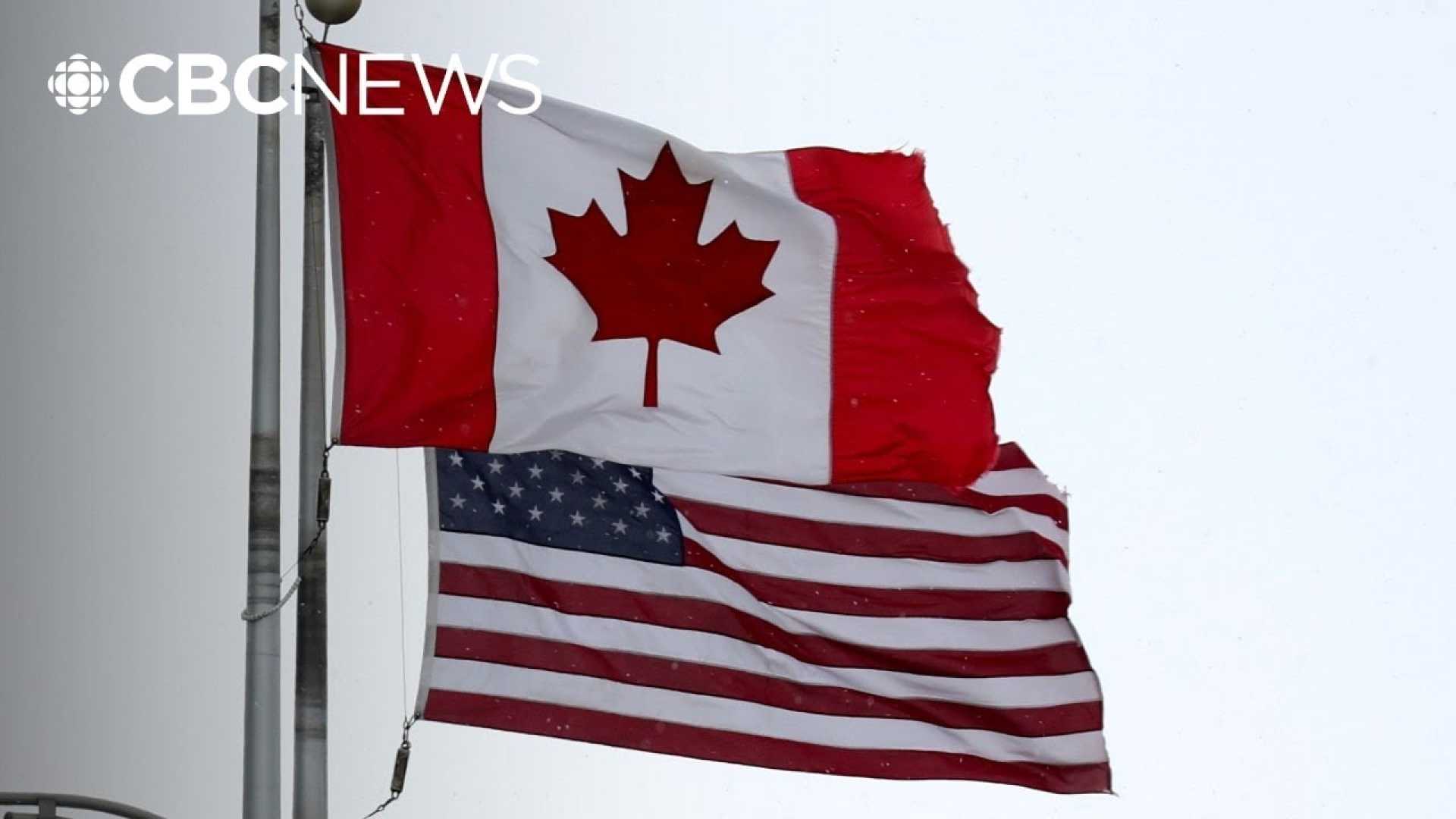News
Canadians Urged to Prepare for Increased U.S. Border Device Scrutiny

OTTAWA, Canada — The Canadian government has issued a travel advisory warning citizens of increased scrutiny at the U.S. border, specifically regarding electronic device searches. The advisory, released on April 4, 2025, informs Canadians that U.S. border officials have significant discretion in determining entry and may search travelers’ phones, laptops, and tablets without providing a reason.
The advisory encourages travelers to expect scrutiny and comply with border agents, as refusal can lead to device confiscation, travel delays, or even denial of entry. The updated guidance stresses the potential risks of searching personal electronics, particularly amid heightened enforcement of U.S. immigration laws.
“U.S. authorities strictly enforce entry requirements. Expect scrutiny at ports of entry, including of electronic devices,” reads the advisory. Canadian officials clarified that they cannot intervene if travelers face obstacles at the border.
Recent incidents have raised alarms among travelers. A notable case involved Canadian Jasmine Mooney, who was detained for 11 days after attempting to enter the U.S. for a work visa renewal at the U.S.-Mexico border. Such experiences underline the growing concerns regarding border enforcement and the potential for travelers to be detained.
In light of these developments, immigration experts recommend that those traveling to the U.S. carry proof of their legal status. “Authorities may request proof of legal status at any time. Be prepared to show evidence of your legal presence in the U.S.,” the advisory states.
With the enactment of new U.S. entry requirements set to begin on April 11, 2025, non-citizens planning extended stays in the U.S. will now need to register with U.S. authorities prior to crossing the border. Failure to do so could result in civil and criminal penalties.
Immigration lawyer Len Saunders advises travelers to obtain letters from U.S. companies outlining the purpose of their visits. For those seeking visas, Saunders suggests using Canadian airports’ pre-flight clearance facilities to avoid potential U.S. custody.
Furthermore, the advisory advises Canadians to consider placing devices in airplane mode before crossing the border to prevent unintended downloads of remote files, which may complicate screenings.
“For many people, the phone is a window into the soul,” said Adam Schwartz, privacy litigation director at the Electronic Frontier Foundation. “They might want to take precautions to keep that information secure.”
This advisory comes at a time when U.S. border agents have broad authority to search electronic devices without a warrant, citing the “border search exception” to the Fourth Amendment. The U.S. Customs and Border Protection (CBP) may demand passwords to unlock devices during inspections. Travelers reluctant to comply risk having their electronics confiscated.
The Canadian government currently rates the risk of traveling to the U.S. as low but stresses the importance of normal security precautions. As the landscape of U.S. immigration enforcement evolves, Canadian travelers are advised to remain vigilant and informed about their rights and responsibilities.












